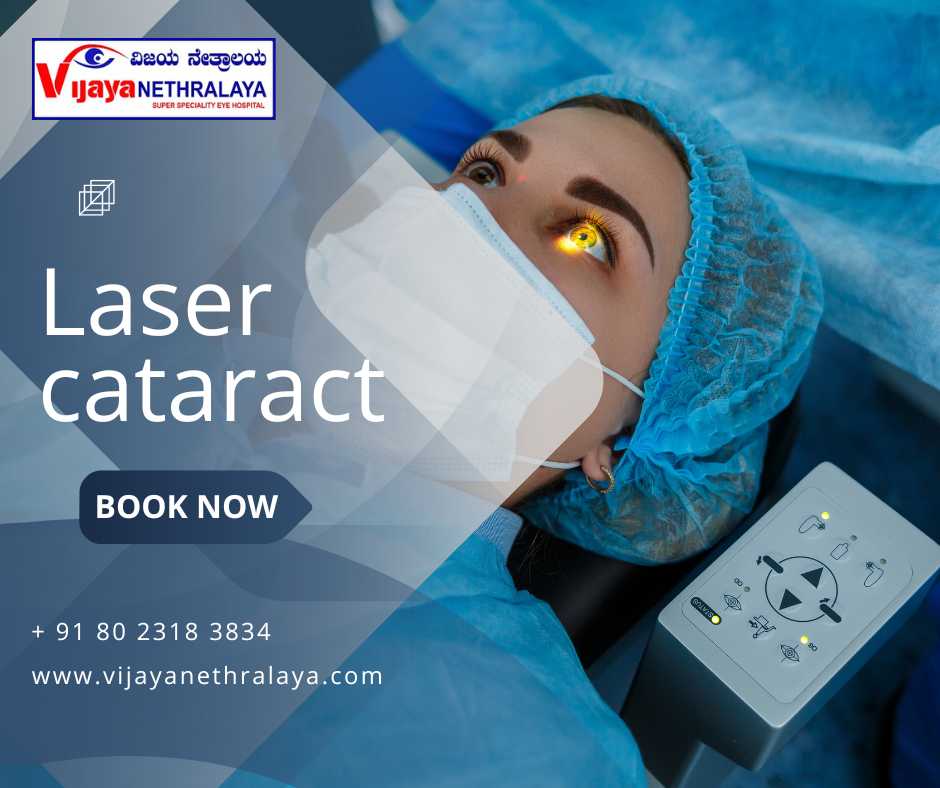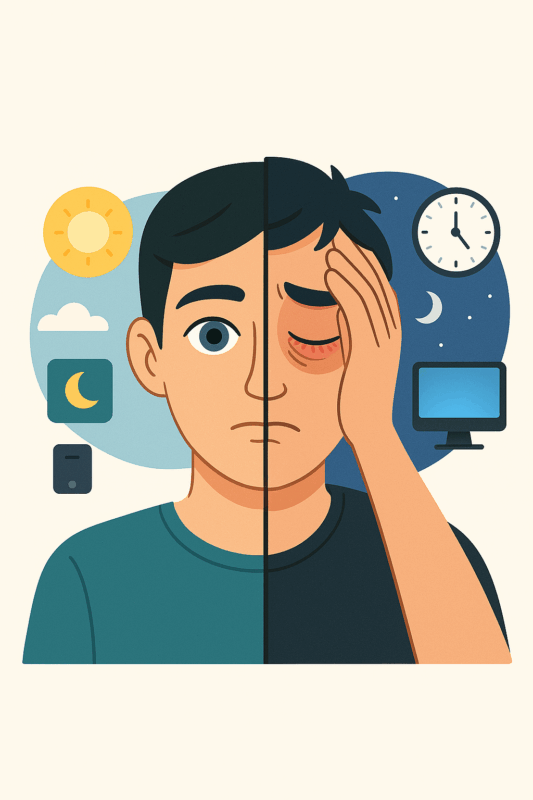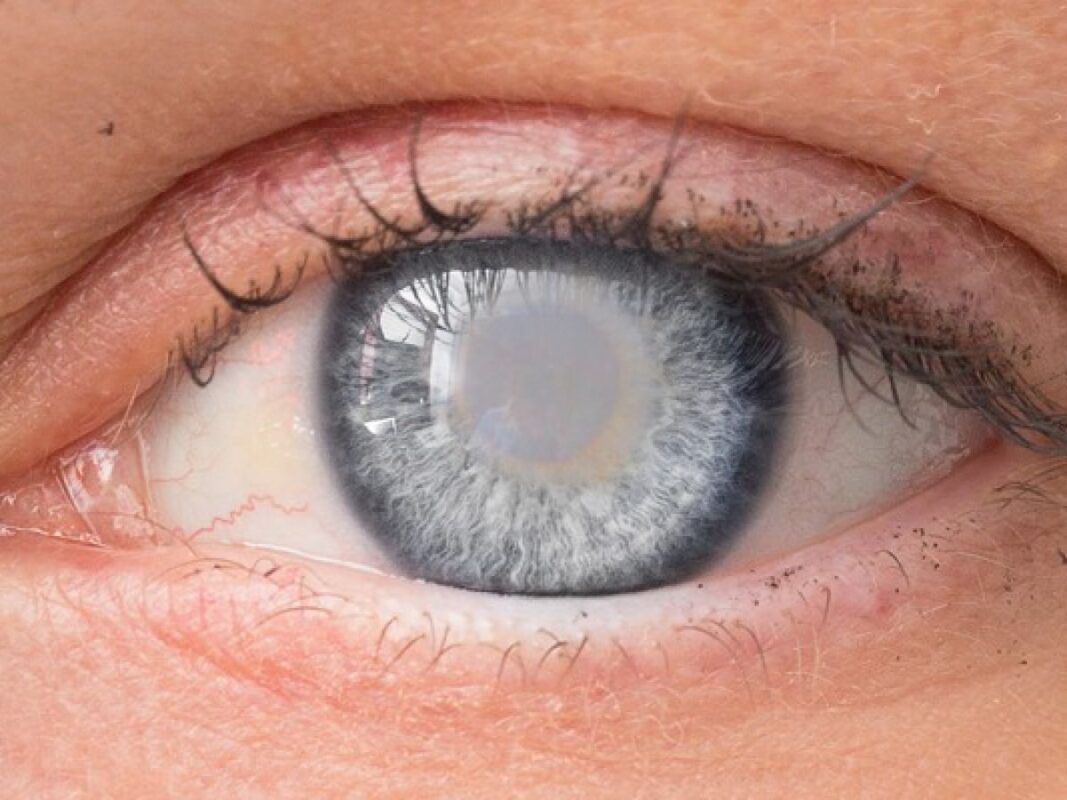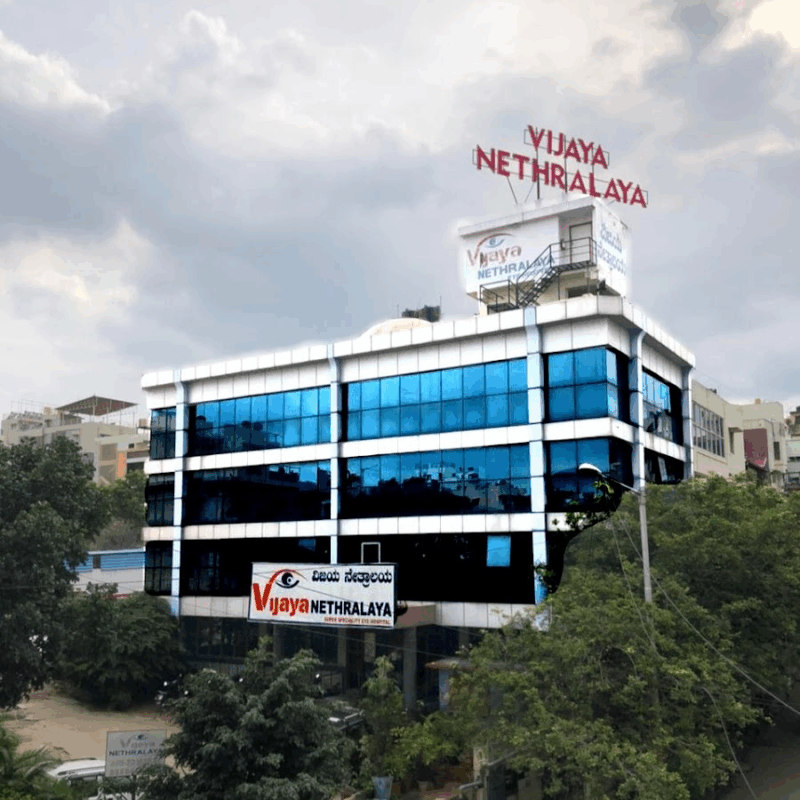Introduction:
Cataracts, a common age-related eye condition, affect millions of people worldwide. Over time, the natural lens in the eye becomes clouded, leading to blurry vision and diminished eyesight. While traditional cataract surgery has been successful for many years, recent advancements in medical technology have given rise to cataract laser surgery, a more precise and innovative approach to restoring vision. In this article, we will explore the ins and outs of cataract laser surgery and how it has revolutionized cataract treatment.
Understanding Cataracts:
What Are Cataracts?
Cataracts are a result of protein buildup in the eye’s lens, leading to its opacification. This clouding of the lens obstructs the passage of light, causing vision impairment.
Symptoms of Cataracts:
Common symptoms include hazy or blurred vision, increased sensitivity to light, difficulty seeing at night, and a faded perception of colors.
Causes of Cataracts:
Cataracts primarily develop with age, but they can also be caused by factors like genetics, smoking, UV exposure, and certain medical conditions.
Who Is at Risk?
Older individuals, diabetics, smokers, and those with chronic steroid use are at a higher risk of developing cataracts.
Traditional Cataract Surgery:
Phacoemulsification:
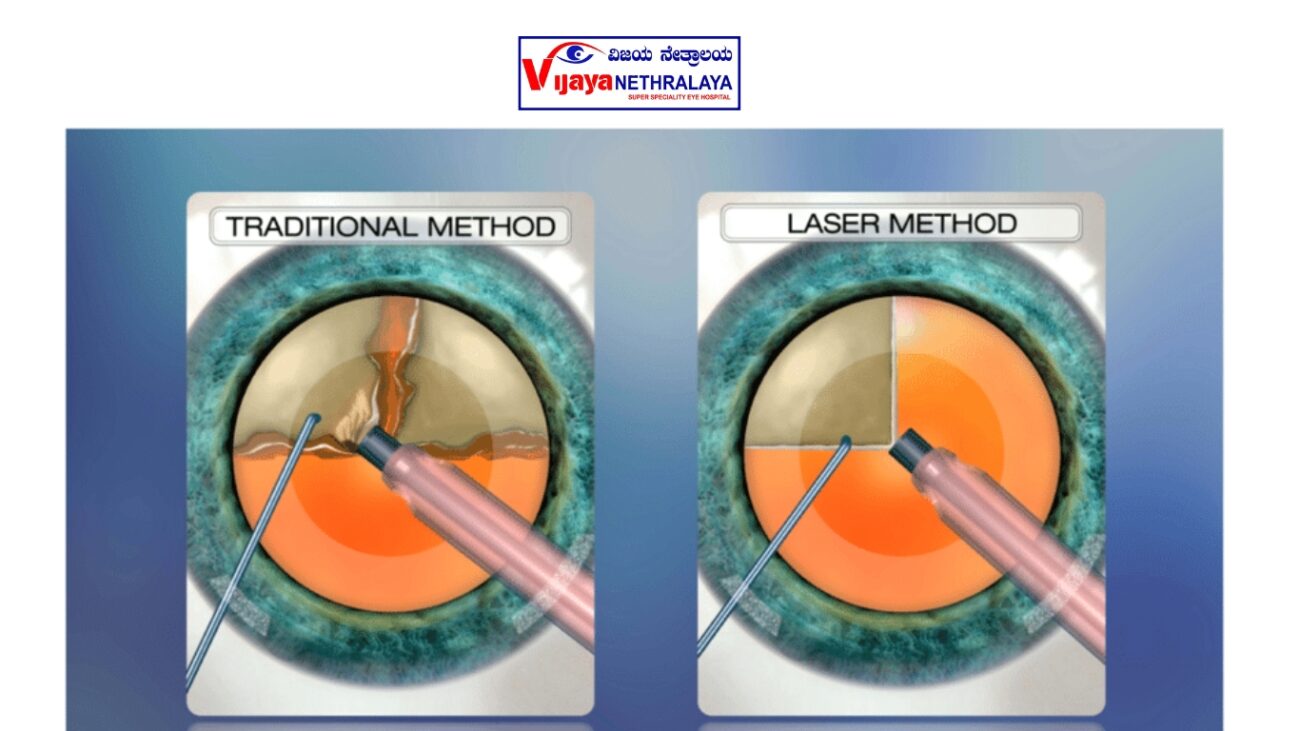
Phacoemulsification is the most common technique for cataract removal, involving the use of ultrasound to break up the cloudy lens for removal.
Intraocular Lens (IOL) Implantation:
During cataract surgery, the natural lens is replaced with an artificial intraocular lens (IOL) to restore clear vision.
Introducing Cataract Laser Surgery:
How Does Cataract Laser Surgery Work?
Cataract laser surgery, also known as femtosecond laser-assisted cataract surgery (FLACS), is an advanced technique used to remove cataracts from the eye. Cataracts are a common age-related condition where the natural lens of the eye becomes cloudy, causing blurred vision and decreased visual acuity. Laser surgery offers precise and computer-controlled steps to enhance the safety and accuracy of the procedure.
Benefits of Cataract Laser Surgery:
The use of lasers allows for enhanced precision, reduced risk of complications, and potentially faster recovery times.
Candidates for Cataract Laser Surgery:
Not everyone is a suitable candidate for laser surgery, and individual eye health and specific factors are assessed to determine eligibility.
Risks and Complications:
While cataract laser surgery is generally safe, potential risks include infection, inflammation, and retinal detachment.
The Cataract Laser Surgery Procedure:
Preoperative Preparation:
Before the surgery, a comprehensive eye exam is conducted, and patients are advised on how to prepare for the procedure.
The Laser Surgery Process:
The surgeon uses the femtosecond laser to create incisions, fragment the cataract, and place the IOL with exceptional accuracy.
Recovery and Aftercare:
Post-surgery, patients are monitored for any complications, and proper aftercare instructions are given to facilitate healing.
Comparing Traditional Surgery and Laser Surgery:
Accuracy and Precision:
Cataract laser surgery offers unparalleled precision compared to traditional surgery, improving overall outcomes.
Incision Size and Healing:
Laser surgery’s smaller incisions often lead to faster healing and reduced chances of infection.
Astigmatism Correction:

Laser surgery allows for precise astigmatism correction, reducing the need for additional procedures.
Real Patient Experiences:
Hearing from patients who have undergone cataract laser surgery can provide valuable insights and firsthand experiences.
The Future of Cataract Treatment:
Ongoing research and technological advancements will likely lead to even more sophisticated cataract treatment options.
Author details:
Dr. Sushruth Appajigowda is a well-known Cornea, Cataract, Glaucoma, and LASIK Surgeon in Bangalore, and the chief Cataract and Refractive surgeon at Vijaya Nethralaya Eye Hospital, Nagarbhavi Bangalore. Known as one of the best LASIK surgeons in the country, he has over 12+ years of experience with multiple platforms of LASIK like ZEISS, ALCON, SCHWIND, AMO, and Bausch and Lomb. He has conducted over 5000 LASIK. Dr. Sushruth is a Certified Refractive Surgeon and Fellow of All India Collegium Of Ophthalmology. He is a recognized speaker in various National and International Forums. His expertise lies in choosing the right type of procedure for you based on your health requirement.
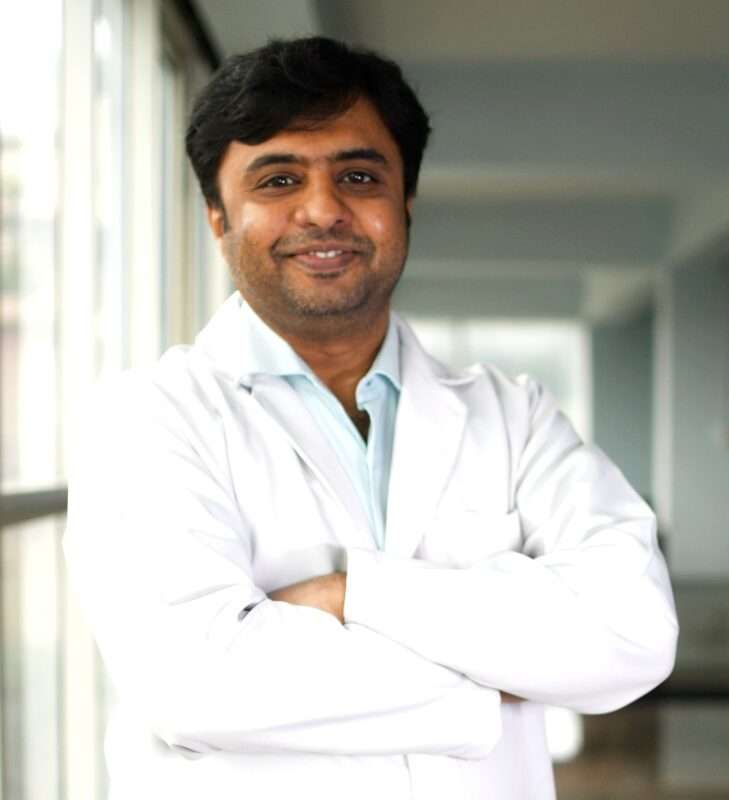
Book Your Appointment Now
Conclusion:
Cataract laser surgery has undoubtedly transformed the way we approach cataract treatment, offering increased precision, improved outcomes, and faster recovery times. As technology continues to advance, the future holds even more promising possibilities for those suffering from cataracts. If you or a loved one are experiencing cataract-related vision issues, consider consulting with an eye care professional to explore the most suitable treatment options.
FAQs:
1. Is cataract laser surgery painful?
The surgery is typically painless due to local anesthesia, and patients may experience mild discomfort during the recovery period.
2. How long does it take to recover from cataract laser surgery?
Most patients experience significant improvement in vision within a few days, but it may take a few weeks for a complete recovery.
3. Can surgeons operate on both eyes at the same time?
While it is possible to operate on both eyes simultaneously, however, many surgeons prefer to perform surgeries on separate days to minimize risk.
4. Will I still need glasses after cataract laser surgery?
The need for glasses after surgery depends on individual factors and the type of intraocular lens implanted.
5. Is cataract laser surgery safe for older adults?
This is generally safe for older adults, but a thorough eye evaluation is necessary to determine eligibility.

